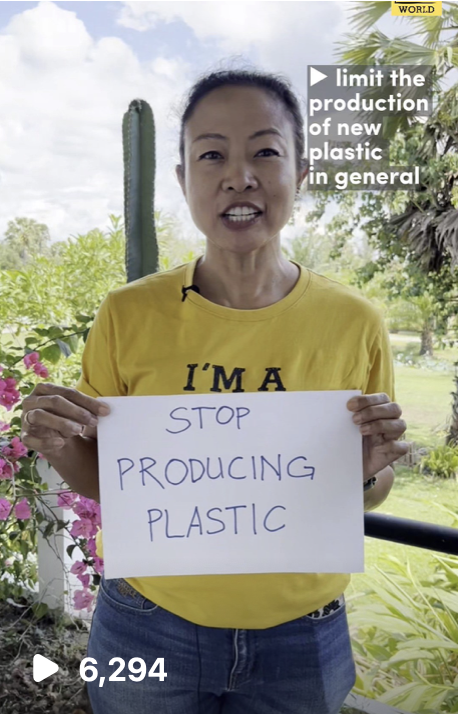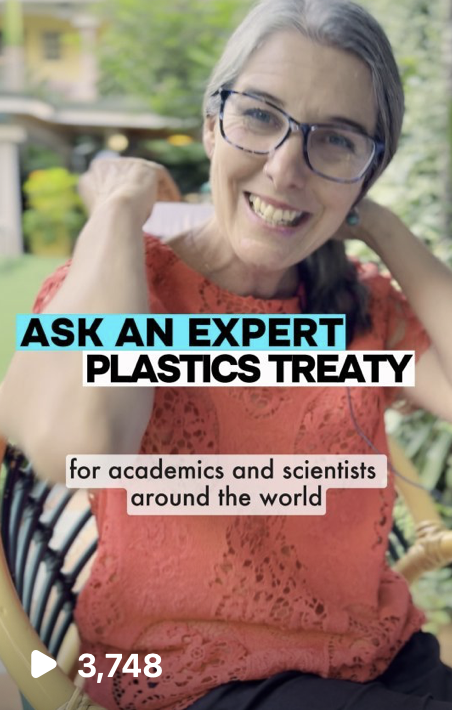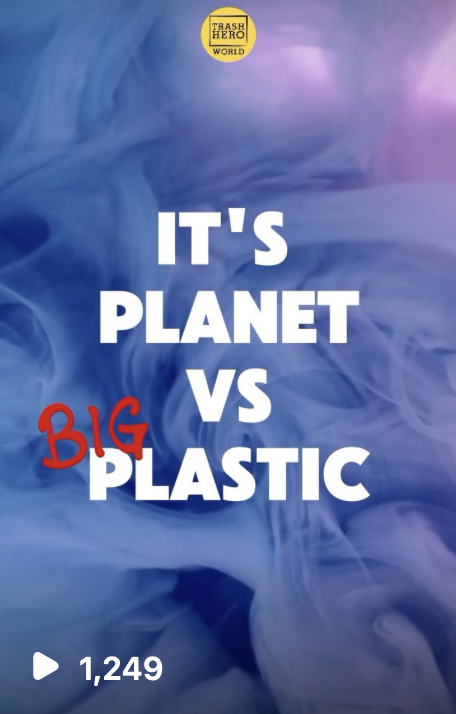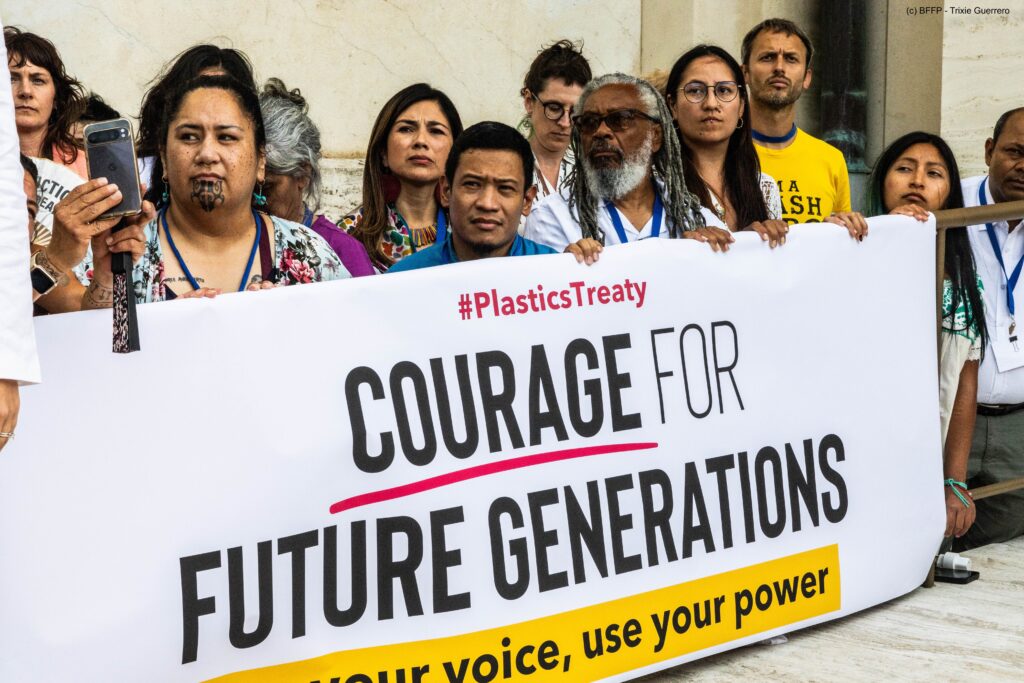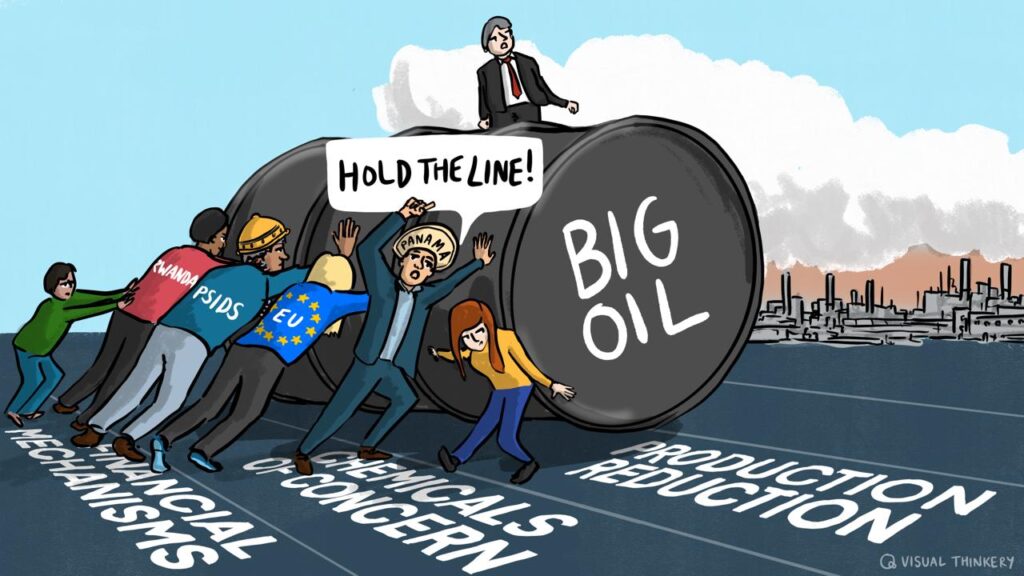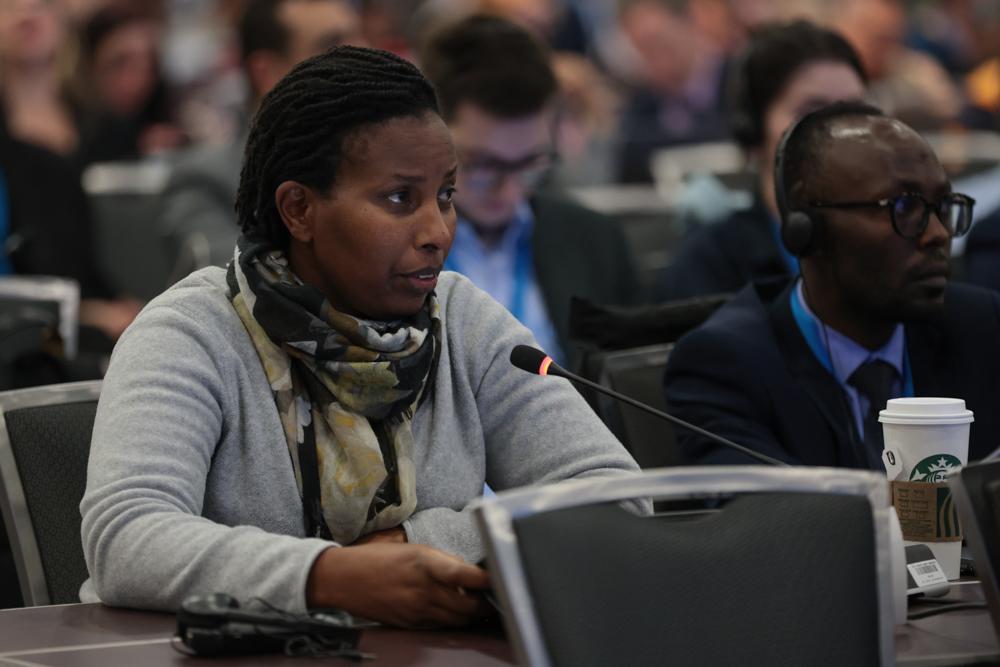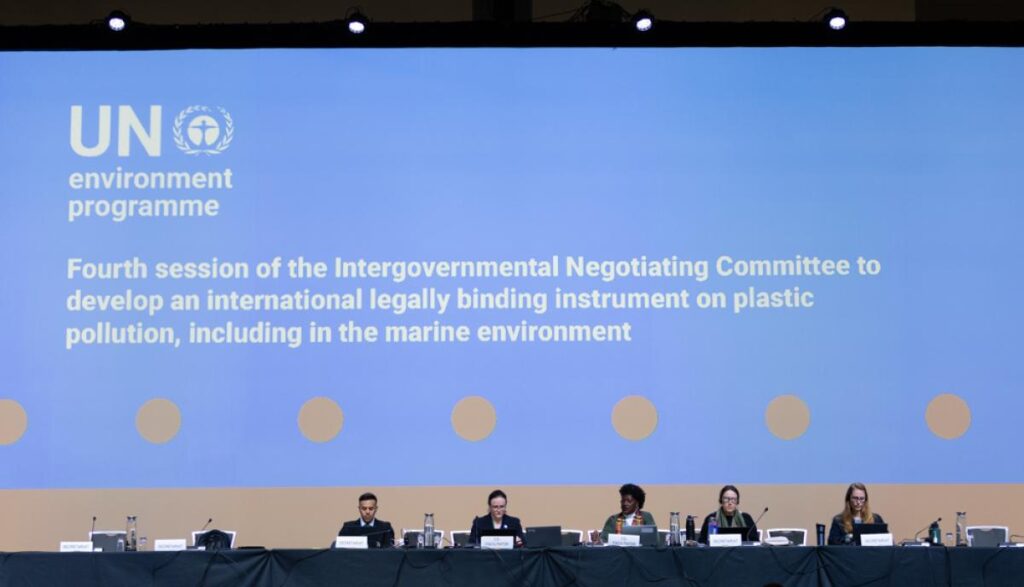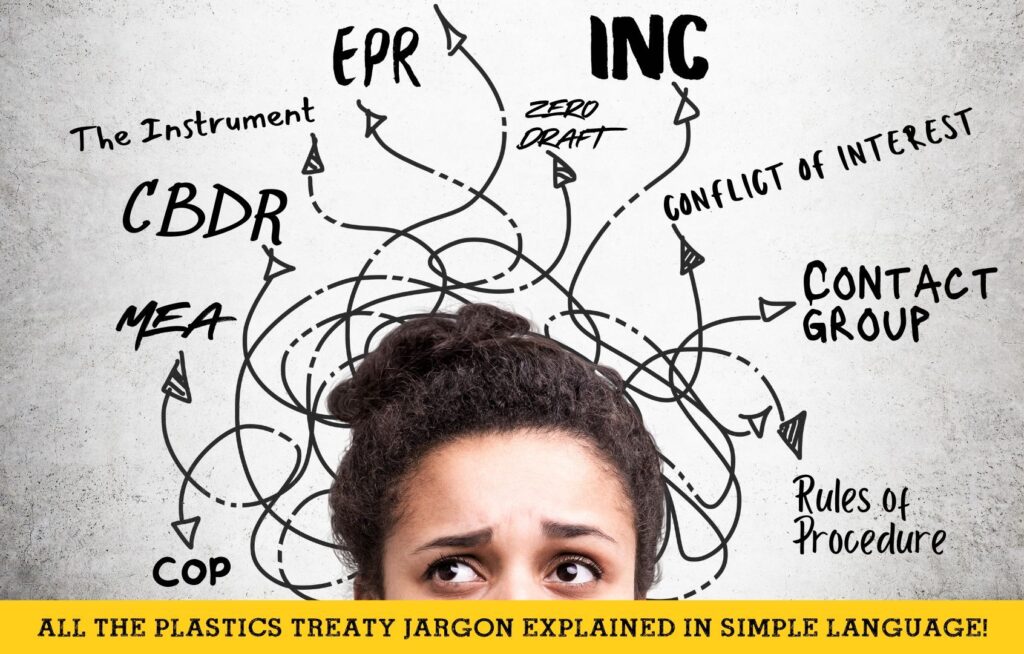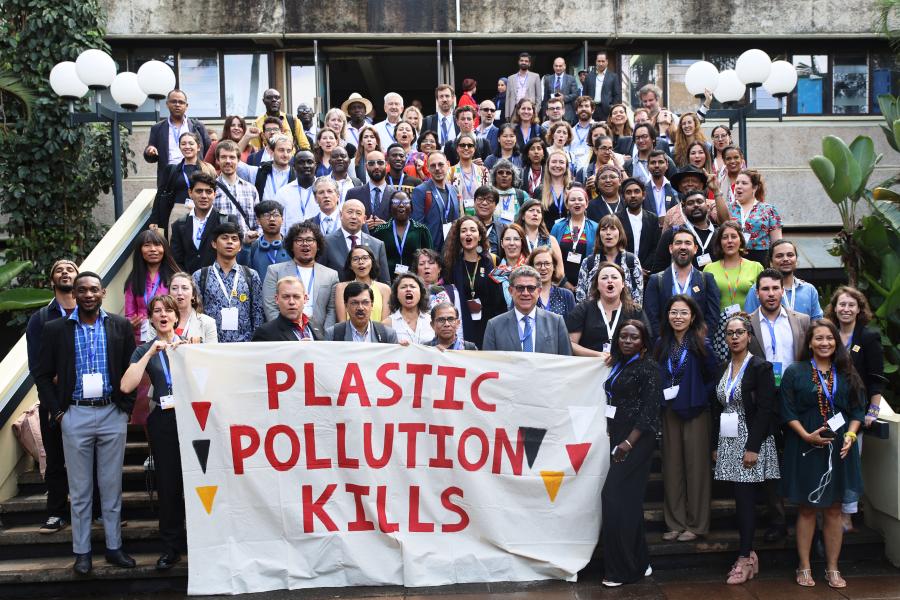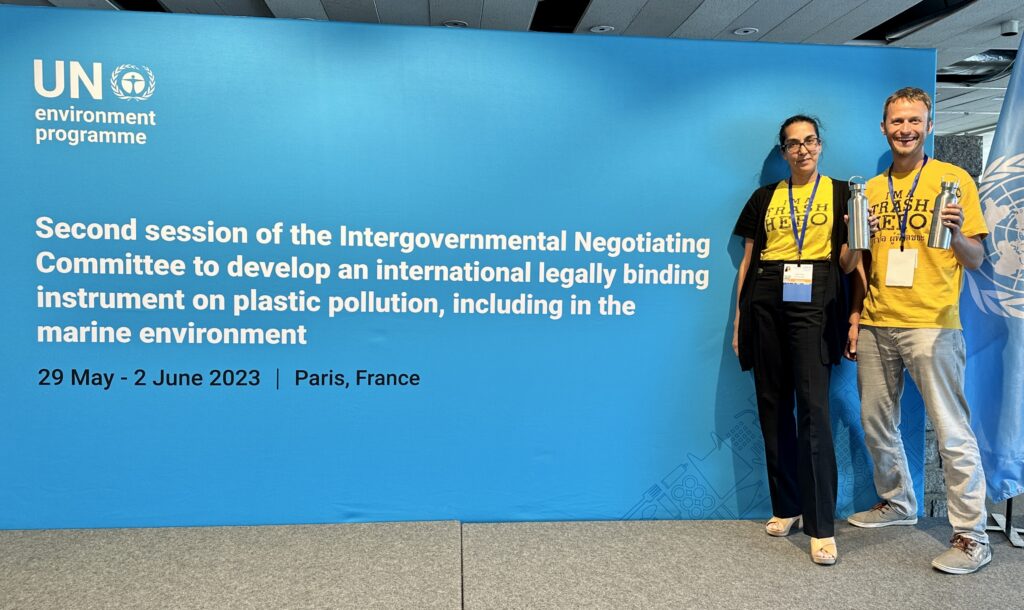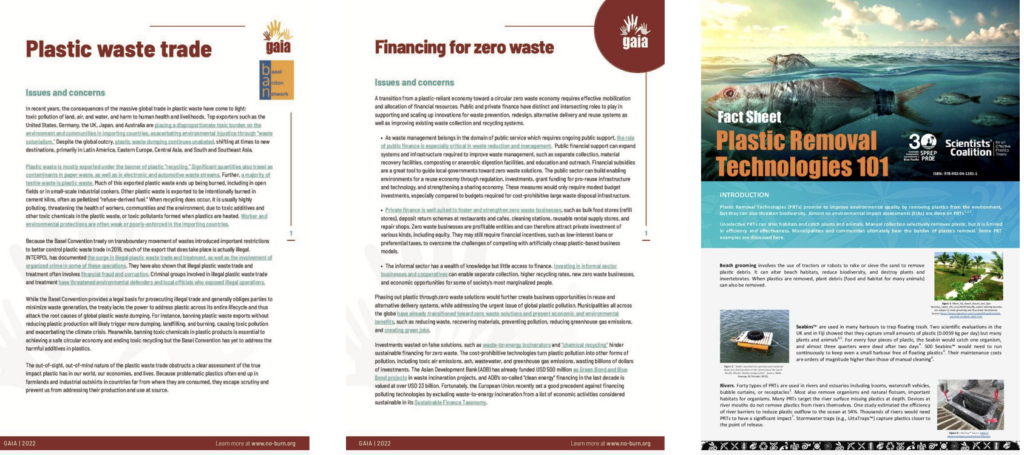What is the global plastics treaty?
The global plastics treaty is a new, international agreement that is being discussed right now between the member states of the United Nations Environment Programme. It is a potential game-changer for plastic pollution as it recognises that the problem is serious, global and needs strong, legally-binding measures to tackle the harm plastic does across its entire life cycle. It's an opportunity to change the throwaway system and address the triple planetary crisis of biodiversity loss, pollution and climate change, while ensuring a just transition to a safe, circular economy for all.
Global Plastics Treaty Explainer
What is the plastics treaty about? What should be included to make it effective? Our volunteers have the answers in this short explainer video. Also available in Bahasa Indonesia, ภาษาไทย, Bahasa Melayu and Schweizerdeutsch.
Ask an expert | Global Plastics Treaty
An accessible series of interviews where we ask experts to explain some of the main issues that the new UN global plastics treaty should be addressing, how the process works and what we can expect to happen.
What could stop the treaty working?
One of the biggest threats to a successful global plastics treaty is industry interference. This has been called out by everyone from NGOs to scientists to the UN’s special rapporteur on human rights and the environment. Discover how Big Plastic is undermining the process so they can keep profiting from pollution.
Global Plastics Treaty – FAQ
175 countries agreed at the United Nations Environment Assembly in 2022 to make a global plastics treaty that would create legally-binding obligations to end pollution across the whole life cycle of plastics. They also agreed that they would do this within 2 years. This deadline has come and gone and there is still little agreement among countries. But one final round of talks is planned in August 2025, in Geneva, Switzerland, where it is hoped they can seal a deal.
In 2022, the UN member states formed an Intergovernmental Negotiating Committee (INC), to discuss what should be in the treaty. So far they have held 5 rounds of negotiations:
INC-1: November 2022 in Uruguay
INC-2: May 2023 in France
INC-3: November 2023 in Kenya
INC-4: April 2024 in Canada
INC-5: November 2024 in South Korea
As INC-5 finished without a deal, the negotiations have been extended for a final round: INC-5.2, which will take place from 5 – 14 August 2025 in Switzerland.
Progress has been slower than expected, as a small minority of oil-producing countries are not happy about the extraction of raw materials needed to make plastics (i.e. fossil fuels) and plastic production being potentially limited in the treaty. They have tried to stall proceedings and remove any references to plastic production, which is widely recognised as the starting point for the harms done to nature, people and the climate.
Plastic pollution is a complex problem, but there are three key measures the treaty should contain:
- Limit new plastic production
- Identify and ban toxic chemicals in plastics
- Increase transparency across the whole lifespan of plastics
If these 3 measures are included and are legally binding on all countries, they enable all the other issues to be solved.
- A limit on production would ease pressure on waste management systems and immediately improve the environment, the climate crisis and people’s health.
- Eliminating the toxic chemicals in plastics would immediately reduce the burden on our health and environment, make recycling safer and protect future generations from harm.
- Transparency would increase safety, allow targets to be set and hold polluters accountable from the extraction phase to disposal.
In addition, it is crucial to include dedicated and fair financing for these measures: countries who do not produce the pollution should not pay to clean up its impacts; and investment should be directed into safe reuse systems, not single-use alternatives and never-ending waste management.
Groups like Trash Hero, as well as scientists, Indigenous Peoples, trade unions, and groups representing women and youth are invited to join the plastics treaty talks as “Observers”. We can offer the negotiators our opinions, perspectives and expertise on the issues when asked, but we cannot vote or make any decisions.
Trash Hero was accredited by UNEP in 2022, which allows us to take part in person at the negotiations, alongside our colleagues from the Break Free From Plastic, GAIA and IPEN networks.
Educating yourself about the issues is probably the most important thing you can do. The more people are aware of the size and scope of the problem and what is needed to solve it – i.e. not the industry propaganda of “more recycling” – the better!
Once you are aware, talk to those around you, so we create pressure and momentum for a strong treaty with the 3 key measures we need to stop plastic pollution for good (see question 3, above). If you feel comfortable, you can write to your political representatives to ask them what they are supporting at the treaty talks, so they know people are watching.
You can also follow our social media @trashheroworld or @breakfreefromplastic to get the latest updates about the treaty and any planned actions or subscribe to our monthly newsletter.
The clock is ticking! Time left until the final round of talks (INC 5.2) in Geneva:

